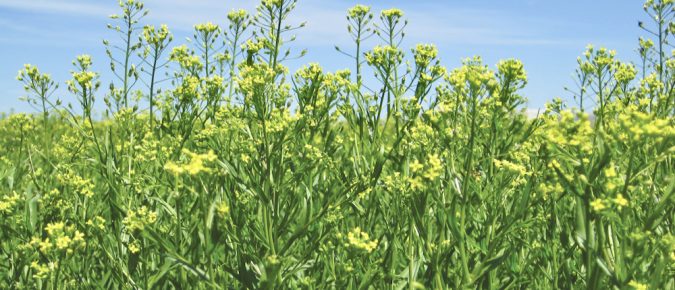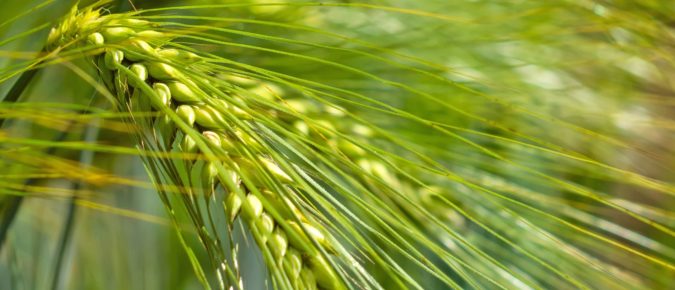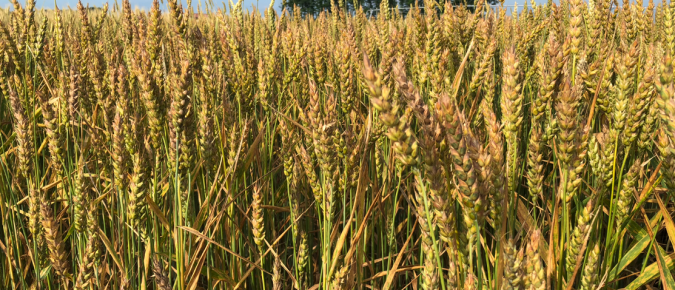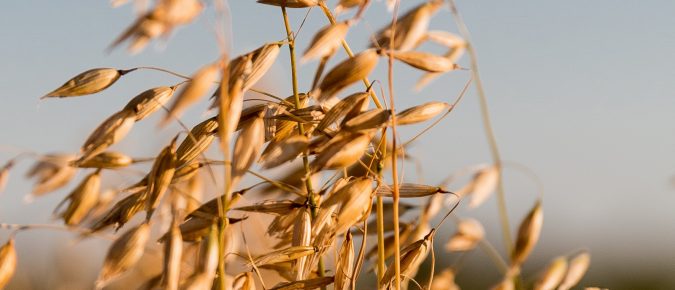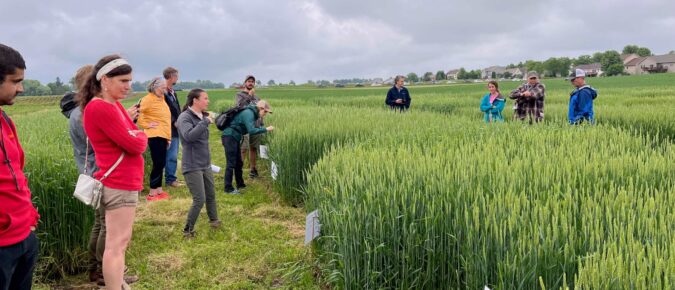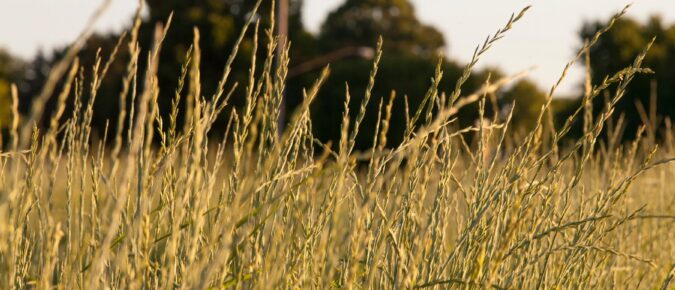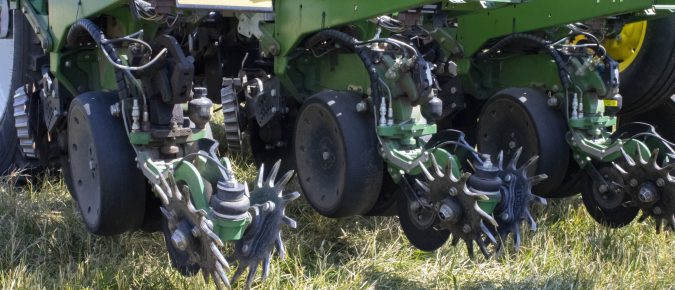As some BMR hybrids begin to phase out, the future of high-quality corn silage will depend on how well we adapt, from evaluating new hybrids like short-statured corn, to exploring biological products and fine-tuning management practices like plant population and cutting height.
In this video, Sam Bibby shares insights from on-farm research exploring the use of camelina as a cover crop compared to rye in corn-soybean rotations.
In this video, Jerry Clark covers variety trials, nitrogen and fungicide management, and quality testing for malting barley to meet craft brewing standards.
In this video, Scott Reuss, regional crops educator, UW–Madison Extension, presents findings from multi-year research trials investigating optimal sulfur application rates for winter wheat in northeastern Wisconsin.
In this video, Dan H. Smith explores practical tips for calculating seed needs, managing storage conditions, and evaluating the economic value of straw and nutrient exports.
In years of low commodity prices, most farmers think about where they might be able to cut costs. Some might begin to think about alternative crops can fit into row crop production. Enter the sunflower.
In this video, Dr. Shawn Conley, UW–Madison Soybean and Small Grains Specialist, shares early-season decision cues for managing soybeans and winter wheat.
Adding wheat back into the corn and soybean-dominant grain rotations in Wisconsin can yield dividends that are not captured in the price at the elevator and can maximize profitability over time.
Dr. Erin Silva, professor of organic agriculture at UW–Madison, shares practical spring strategies for organic weed management in grain systems.
Integrated with cultural control practices such as variety selection for disease resistance and crop rotation, fungicides can be an important tool of integrated disease management for small grain systems.
Nutrients are vital for crop development and yield outcomes, but they are also an input cost that should be optimized for profit; not yield alone. This document serves as a centralized resource containing soil fertility information for small grain crops.
Without insulating snow, wheat plants are exposed to freezing conditions, damaging their crowns and roots. Assessing stands in the spring will help producers determine if their crop has survived and is strong enough for a good yield.




